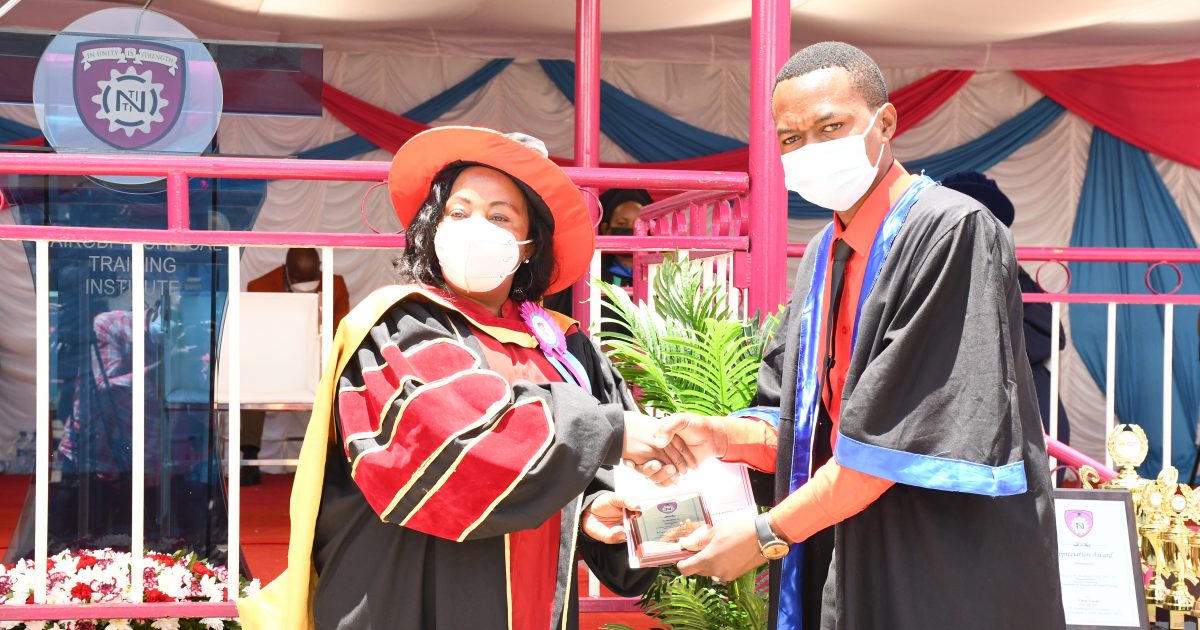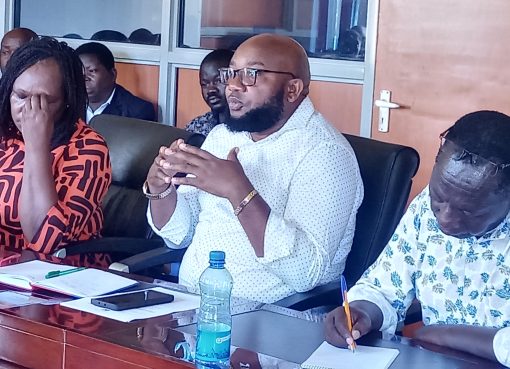The government is investing in modernizing and expanding technical and vocation institutions countrywide by re-equipping and ensuring the institutions provide the country with adequate human resources for the growing industrial needs of the country.
Vocational and Technical Training PS, Dr. Margaret Mwakima, said the government is keen on seeing National Polytechnics, Technical Training Institutes, Technical and Vocational Colleges supply skilled human resource and that meet the needs of the industry and of international standards.
She said major reforms are being put in place in the TVET education with the focus on the sustainable development goals, the Kenya Vision 2030 and the Big 4 Agenda.
“It is in this regard, that the government has increased the number of TVET institutions from 52 in 2013 to 238 in 2021 at a cost of Sh10.6 billion. Out of the 238 TVET institutions, 192 are operational and 46 are nearing completion,” said Dr. Mwakima.
There has been an increase in enrolment from 55,945 in 2013 to 249,316 in 2021 due to the Sh10.3 billion capitation government grants and Sh11.1 billion from the HELB loans to TVET trainees, since 2019 and a conditional grant of Sh2 billion given to vocational training colleges every financial year.
The PS was speaking during the 10th graduation ceremony of the Nairobi Technical Training Institute that saw at over 1000 trainees receive certificates for various courses.
Dr. Mwakima said the government acknowledges that TVET is a key driver to the economic growth, a need that has made the government over the years to support TVET education through development grants, employment of trainers and provision of financial assistance to trainees.
The PS said the Ministry of Education through the State Department for Vocational and Technical Training, is committed to supporting the Big 4 Agenda by embracing and supporting Competence Based Education and Training Curriculum (CBET).
She said the CBET curriculum is geared towards producing graduates with necessary skills to support industrial growth which translates into the overall country’s economic growth.
“The Ministry of Education has rolled out programmes in phases to establish centres of excellence in the country. Some of the established centres include the automotive mechatronics engineering at Nairobi Technical Training Institute,” said Dr. Mwakima.
She said the course offers trainees 50 percent on training in the institute and 50 percent in industrial attachment, adding that this model of training ensures that trainees acquire the necessary skills aligned to the needs of the industry.
The PS also commended the National Government through Kenya Universities and Colleges Central Placement Services and Higher Education Loans Board for allocating funds for the trainees in support of their education.
The PS at the same time encouraged the trainers and the trainees to continue being more innovative in the ever-changing technological environment.
“Make use of the training experience to earn a living, make a life for yourself and empower others,” Mwakima urged the trainees.
In his remarks, the Chairman Board of Governors, Gordon Oyomno, said the board is committed to ensuring that the institution continues to produce competent and industry-ready technicians.
“We are grateful to the Ministry of Education for selecting Nairobi Technical to become a Centre forr Excellence in Automotive Mechatronics Technician courses in the country,” he said.
In her remarks, the Chief Principal, Glory Mutungi, said in support of the Big 4 Agenda, the Institute will continue to introduce courses that are relevant to the government’s agenda.
“In the last two years, the Institute has introduced and enrolled trainees in Competence Based Education and Training courses,” she added.
By Hamdi Mohamud





